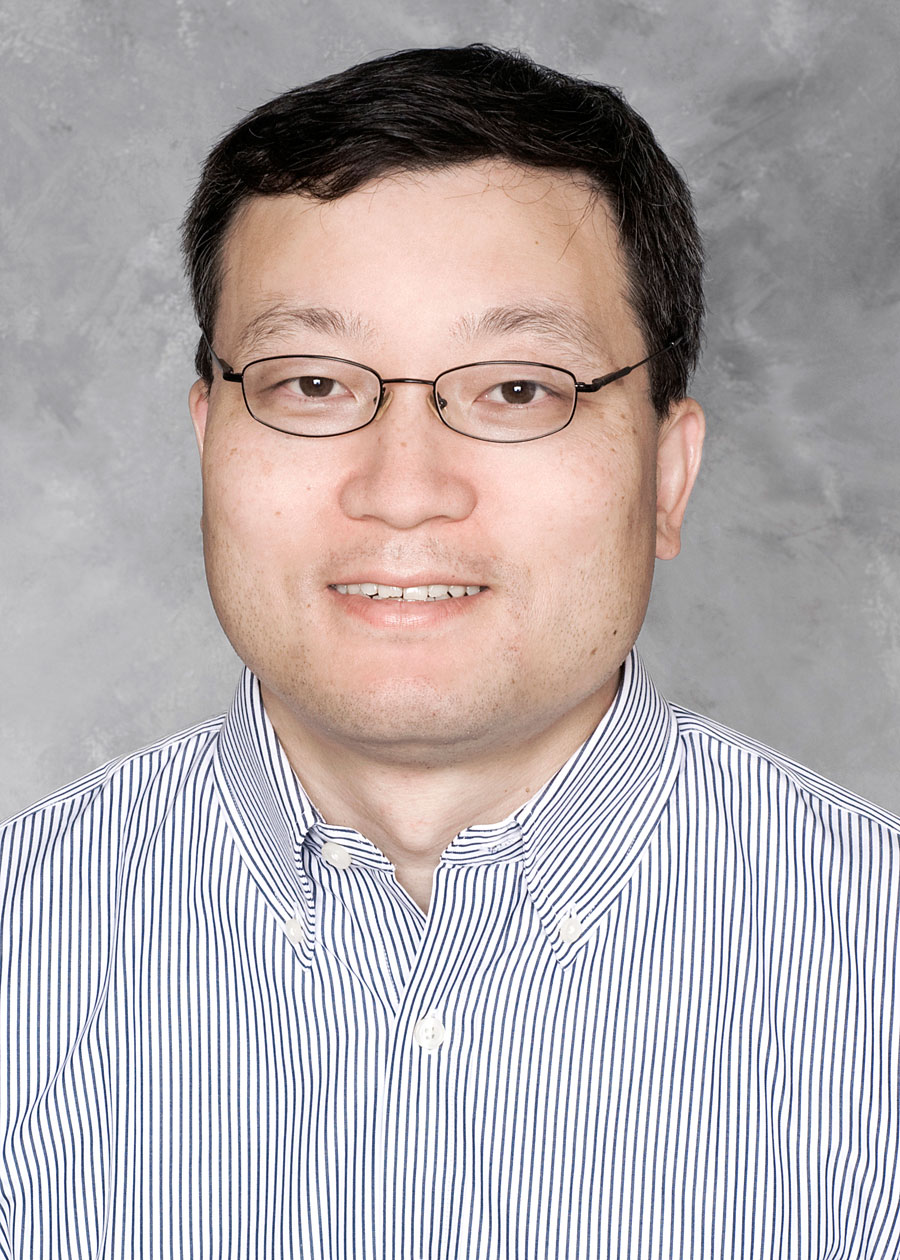Biao He, an internationally recognized scholar who has worked extensively on the interactions between paramyxoviruses and host proteins, vaccine development and cancer therapies, has joined the College of Veterinary Medicine as the latest Georgia Research Alliance Distinguished Investigator.
He comes to UGA from the department of veterinary and biomedical sciences at Penn State University. He joins faculty in veterinary medicine as part of a GRA initiative to recruit top scientists who conduct research in next-generation vaccines and therapeutics.
He studies the interactions between paramyxoviruses, which include many well-known viruses such as parainfluenza and the viruses that cause measles and mumps—as well as emerging animal and human pathogens. Parainfluenza viruses can cause upper respiratory and lower respiratory infections in adults and children. The viruses are responsible for about half of croup cases and 10 to 15 percent of bronchitis cases, including pneumonia.
“Dr. He’s research on parainfluenza viruses, RNA synthesis and vaccine development complements our existing investigations while expanding the expertise of our faculty and graduate programs,” said Sheila Allen, dean of the veterinary medicine college. “He will add considerably to our infectious diseases initiative and our ability to focus on vaccine development for a variety of animal and human diseases.”
A native of China, He earned a Ph.D. in microbiology and immunology at State University of New York Health Science Center in Brooklyn.
He worked as a research associate for five years in molecular biology at the Howard Hughes Medical Institute and at Northwestern University.
He moved to Penn State University in 2001, where he was an assistant and later an associate professor of virology, and where he served on the graduate faculty of the Huck Institutes for the Life Sciences and in the department of veterinary and biomedical sciences. He has conducted research and taught courses in genetics, molecular medicine, viral pathogenesis, virology and immunology.
He already has been working collaboratively with UGA’s Mark Tompkins and colleagues in the veterinary medicine college to develop new vaccines against influenza virus.
“Dr. He’s expertise in molecular virology will be a great asset to our infectious diseases research and teaching program,” said Fred Quinn, head of the department of infectious diseases. “Our BSL3 facility will enable him to work on many pathogens, and the critical mass of faculty here working on vaccine development promises new and exciting possibilities for advancement in this area.”


